Increase Your Sports Performance with Proper Nutrition
As athletes, we know that a well-balanced diet is crucial for optimal performance. The right nutrition can help improve endurance, speed, strength, and overall physical fitness. In this blog, we will explore the essential nutrients that can enhance your sports performance and provide an example of how a specific diet can make a significant difference.
Macronutrients: The Building Blocks of Performance
Macronutrients are the primary sources of energy for the body. They include carbohydrates, proteins, and fats. Each macronutrient plays a vital role in supporting athletic performance:
-
Carbohydrates: Carbs are the primary source of energy for high-intensity activities. They are stored in the muscles and liver as glycogen, which can be quickly converted into glucose for energy. Adequate carb intake is essential for athletes who engage in activities that require rapid energy replenishment, such as sprinters or football players.
-
Proteins: Proteins are essential for muscle growth, repair, and maintenance. They also play a crucial role in the production of enzymes and hormones that support athletic performance. Adequate protein intake is vital for athletes who engage in strength training or high-intensity activities.
-
Fats: Fats are an important source of energy for low-intensity activities and provide essential fatty acids for hormone production. They also help absorb fat-soluble vitamins and support the immune system.
Micronutrients: The Supporting Cast
Micronutrients, such as vitamins and minerals, play a crucial role in supporting athletic performance by:
-
Enhancing Energy Production: Micronutrients like iron, magnesium, and potassium are essential for energy production and can help improve endurance.
-
Supporting Immune Function: Micronutrients like vitamin C and zinc help support immune function, which is critical for athletes who are constantly exposed to new environments and pathogens.
-
Maintaining Bone Health: Micronutrients like calcium and vitamin D are essential for maintaining strong bones, which is critical for athletes who engage in high-impact activities.
Example: The Power of a Balanced Diet
Let's consider the example of a professional soccer player who is preparing for a high-stakes match. To optimize their performance, they focus on a balanced diet that includes:
- Carbohydrates: Whole grains, fruits, and vegetables provide sustained energy for the match.
- Proteins: Lean meats, fish, and eggs support muscle growth and repair.
- Fats: Nuts, seeds, and avocados provide essential fatty acids for hormone production and energy.
- Micronutrients: Iron-rich foods like spinach and beans support energy production, while vitamin C-rich foods like citrus fruits and bell peppers support immune function.
Here's an example of what their daily diet might look like:
- Breakfast: Oatmeal with banana, almond butter, and a glass of orange juice
- Lunch: Grilled chicken breast with quinoa, steamed broccoli, and a side salad with avocado
- Dinner: Grilled salmon with sweet potato, green beans, and a side of mixed berries
- Snacks: Apple slices with almond butter, Greek yogurt with berries, and a handful of trail mix
Conclusion
A well-balanced diet that includes the right macronutrients and micronutrients can significantly improve sports performance. By focusing on whole, nutrient-dense foods, athletes can optimize their energy levels, support muscle growth and repair, and maintain overall physical fitness. Remember, a balanced diet is just one part of the equation. Adequate hydration, rest, and recovery are also essential for optimal performance.
References
International Society of Sports Nutrition. (2018). International Society of Sports Nutrition Position Stand: Carbohydrates for Exercise and Sport. Journal of the International Society of Sports Nutrition.
International Society of Sports Nutrition. (2018). International Society of Sports Nutrition Position Stand: Protein and Exercise. Journal of the International Society of Sports Nutrition.
International Society of Sports Nutrition. (2018). International Society of Sports Nutrition Position Stand: Fat for Exercise and Sport. Journal of the International Society of Sports Nutrition.
International Society of Sports Nutrition. (2018). International Society of Sports Nutrition Position Stand: Micronutrients for Exercise and Sport. Journal of the International Society of Sports Nutrition.
International Society of Sports Nutrition. (2018). International Society of Sports Nutrition Position Stand: Immune Function and Exercise. Journal of the International Society of Sports Nutrition.
International Society of Sports Nutrition. (2018). International Society of Sports Nutrition Position Stand: Bone Health and Exercise. Journal of the International Society of Sports Nutrition.
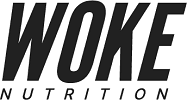


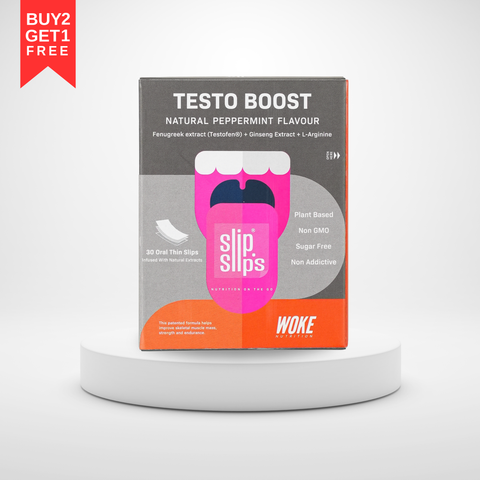
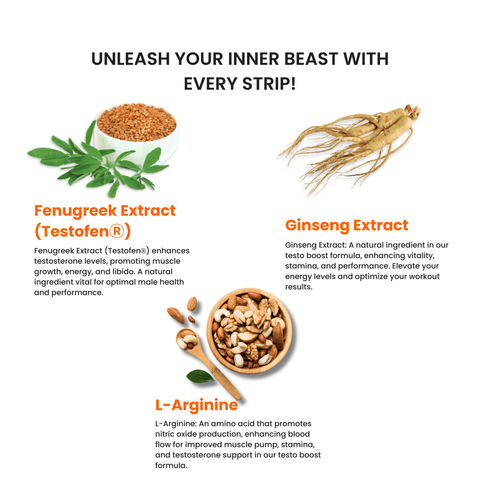

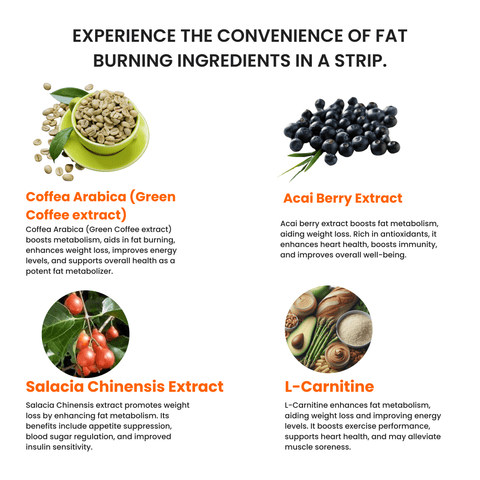
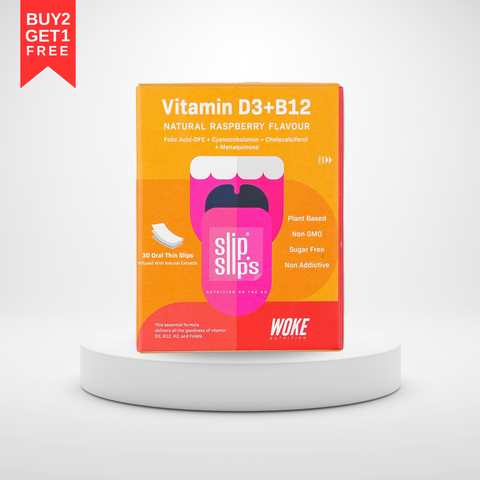










Comments (0)
There are no comments for this article. Be the first one to leave a message!